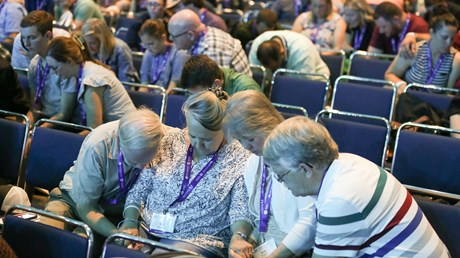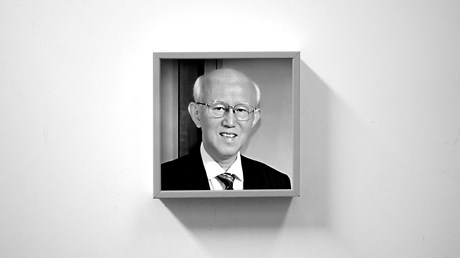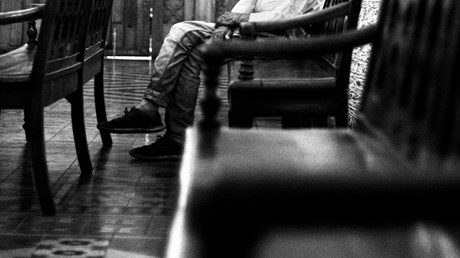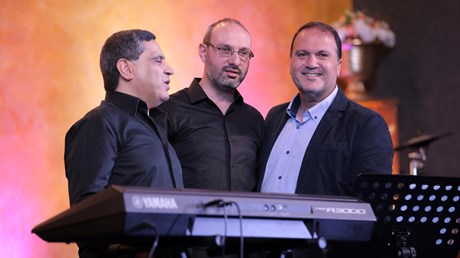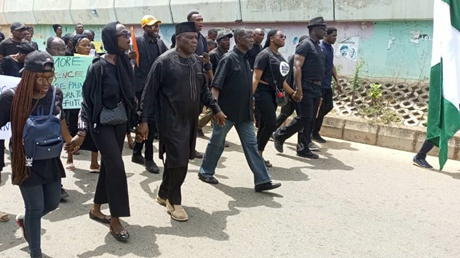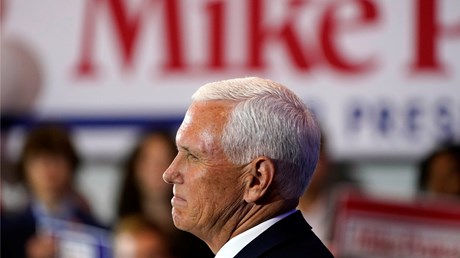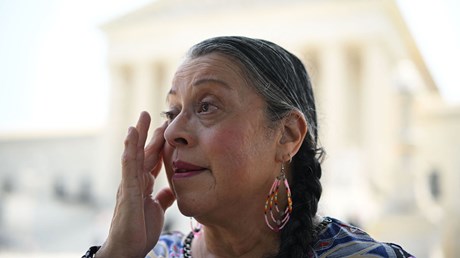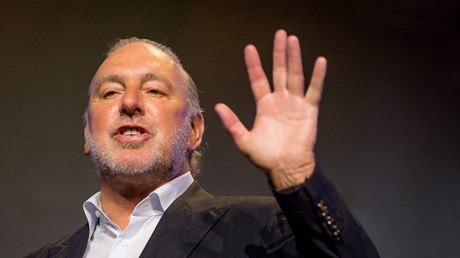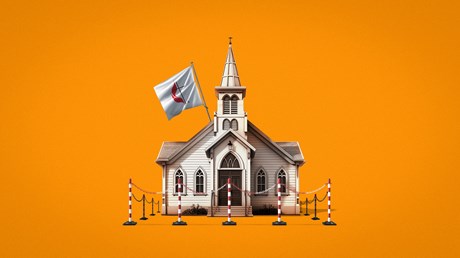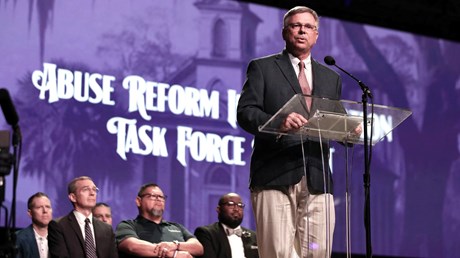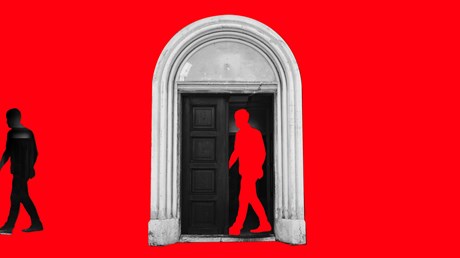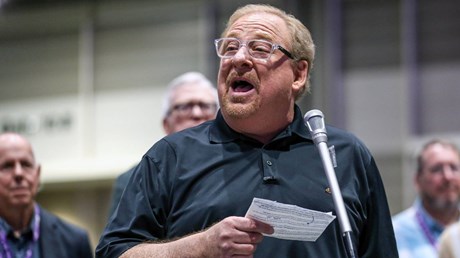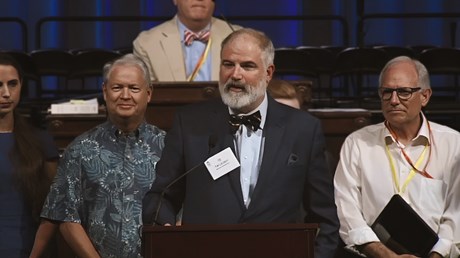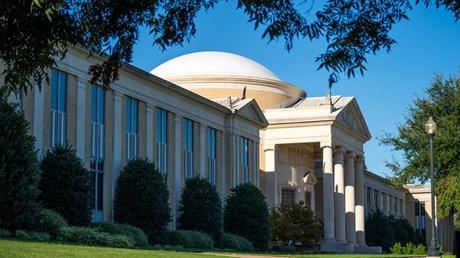Ruling: Colorado can’t “force all manner of artists, speechwriters, and others whose services involve speech to speak what they do not believe.”
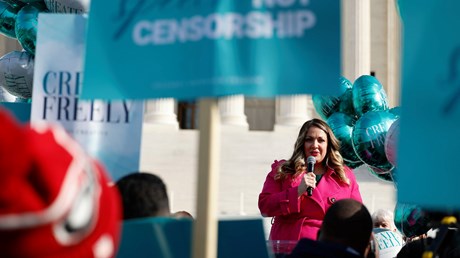
The US Supreme Court delivered a First Amendment victory Friday to a Christian designer who objects to creating custom websites for same-sex weddings.
The high court ruled in a 6–3 opinion the state of Colorado would violate the free-speech rights of Lorie Smith by requiring her to design a website for a ceremony that conflicts with her conscience. The decision provided an important legal win for the rights of Christians and other faith adherents in a series of cases involving the intersection of religious freedom and same-sex marriage.
In the majority opinion, Associate Justice Neil Gorsuch said the state “seeks to force an individual to speak in ways that align with its views but defy her conscience about a matter of major significance.”
As the Supreme Court “has long held, the opportunity to think for ourselves and to express those thoughts freely is among our most cherished liberties and part of what keeps our Republic strong,” he wrote. “The First Amendment envisions the United States as a rich and complex place where all persons are free to think and speak as they wish, not as the government demands.”
The high court’s decision broke along ideological/political lines. Nominees by Republican presidents made up the majority, while justices nominated by Democrats were in dissent. Chief Justice John Roberts and Associate Justices Clarence Thomas, Samuel Alito, Brett Kavanaugh, and Amy Coney Barrett joined Gorsuch in the majority. Associate Justices Sonia Sotomayor, Elena Kagan, and Ketanji Brown Jackson dissented.
The head of the Southern Baptist Ethics and Religious Liberty Commission (ERLC) applauded the justices’ action.
“If the government can compel an individual ...
from Christianity Today Magazine https://ift.tt/halfo4O
